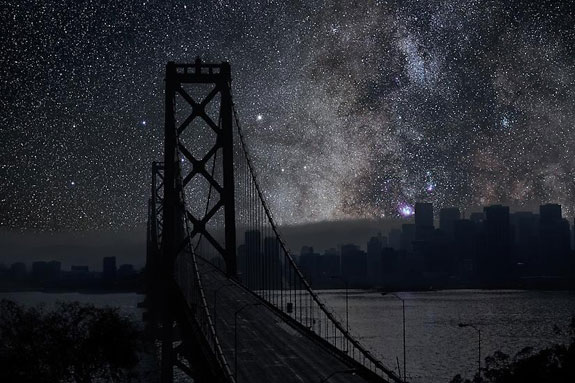In the modern Church, we have so many “Christian” clichés
and words we like to use. These phrases
can often lose their meanings over time, as we continue to use them without a
full understanding of what they mean.
Even so, Christian “catch phrases” aren’t bad in and of themselves, so
long as we ensure that we know what we’re saying.
One of my personal favorites is “on fire for the Lord.” We mostly use this in reference to someone
who has an outwardly evident passion for the Kingdom of God. But I think we often forget a number of key
aspects of being on fire for the Lord – aspects that are crucial to our
understanding of what such a passion looks like.
Fire needs fuel
In order to burn, any fire needs heat, oxygen, and
fuel. You could take each of these three
elements and further the analogy, but let’s just focus on the fuel. If fuel feeds fire, what feeds faith? The answer boils down to three basic things:
scripture study, prayer, and fellowship.
Now, I should clarify that these are not the source of the fire. They are only three “spiritual disciplines”
that help us to connect with the source – Christ. It is certainly possible to do all three and
still not know the Savior. But this
would be like having the wood without the heat!
Nevertheless, scripture, prayer, and fellowship are all necessary for
Children of God.
Back when I was in scouts, we would occasionally have
fire-building competitions, in which you had to burn a piece of string about a
foot off the ground. The problem was
that most of the scouts just threw leaves into the fire without giving it any
substantial, lasting fuel! Obviously,
the flame died quickly. In the same way,
if the proper “fuel” is not given to the fire, or not given frequently enough,
our “fire” will soon die.
Fire consumes
Let’s face it.
Christian phrase or not, the idea of a person being “on fire” is
unpleasant, to say the least. This is,
of course, because fire burns. It
hurts. It consumes everything in its
path.
What does this mean for us?
What is consumed in a Christian’s life?
Well, everything.
If we truly want to be “on fire” for the Lord, we cannot
hold anything back from His consuming fire (cf. Hebrews 12:29). Just as gold is refined, God will burn up
everything in our lives that is not of Him, whether it be relationships,
hobbies, habits, comfort-zones, or any other idol. He will leave behind only that which is a
part of His desire and plan for our lives.
Understandably, this hurts.
It stings! We may be pushed to do
things we don’t want to do or may not feel comfortable doing. We may be ridiculed by friends or
family. We may have to give up something
to which we’ve been clinging. Whatever
the case, it is up to the Fire to decide.
Fire brightens the dark
Physically speaking, fire releases energy, and it does so in
two forms: heat and light. If fire is
present, these two will be as well – guaranteed. The same is true in the life of an “on fire”
Christian. Since the Bible has so many
examples of light in darkness, let’s focus on that.
If a Christian is “on fire,” there is no
question whether the light of that flame will be shining. Also, it is said that, in complete darkness, the human eye can see
a flickering candle from up to 30 miles away.
Combining these two facts about light, it follows that, in this dark
generation, the light of an “on fire” child of God will most certainly be
noticed by those around them (Philippians 2:14-15).
For this reason, we don’t need to be concerned with whether
others are seeing our light. Our concern
must instead be whether that light is even shining – whether we are truly on
fire for our Lord! If that is the case,
our light will not be able to be hidden (cf. Matthew 5:14-16).
When we say we want to be “on fire for the Lord,” we have to
know what that means. Fire requires a
constant fuel to feed it. It consumes
everything in its path, burning up anything that is susceptible to flame. Lastly, it brightens the darkness around it
without fail. To be on fire for the Lord
is by no means and easy or a comfortable affair. But is it worth it? Absolutely.







